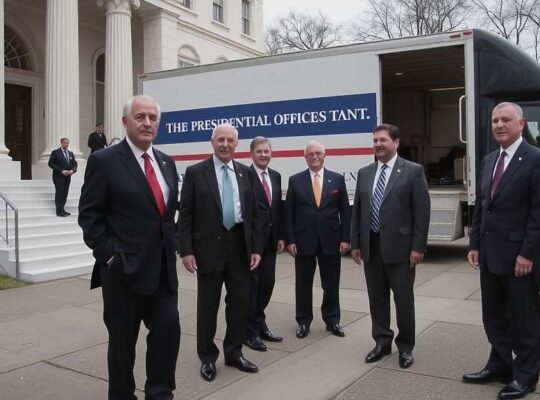Porsche is reportedly initiating a phased withdrawal from the Chinese market, signaling a significant shift in the luxury carmaker’s global strategy and raising questions about the long-term viability of foreign automakers in the increasingly competitive landscape of China’s electric vehicle sector. According to reports from industry insiders cited by Focus magazine, the Stuttgart-based company is planning to drastically reduce its dealership network, potentially shrinking from the current 144 locations to just over half by the end of 2026.
The move follows a precipitous decline in sales, a stark contrast to the record-breaking performance of 2021 when Porsche sold 95,700 vehicles in China, representing nearly a third of its global sales. Deliveries have steadily fallen; last year saw sales drop to 57,000 and the first nine months of this year witnessed a further slump to just 32,000 units – a 25% decrease compared to the same period last year.
The company attributes the downturn to a desire to “optimize” its dealer network and adapt to shifting market conditions. However, analysts suggest the core issue lies in Porsche’s struggle to compete with domestically produced electric vehicles, particularly from emerging brands like Xiaomi. Xiaomi’s aggressive pricing and focus on cutting-edge technology are eroding Porsche’s market share, leaving the German manufacturer at a distinct disadvantage.
Concerns have been previously voiced at the highest level within Porsche. Earlier this year, CEO Oliver Blume hinted at the possibility of a complete withdrawal from the electric vehicle segment in China if demand continues to lag. This potential pivot towards prioritizing traditional combustion engine vehicles or focusing on hybrid models further underscores the challenges Porsche faces in navigating China’s evolving consumer preferences and stringent regulatory environment.
The strategic repositioning also carries significant political implications, reflecting a broader trend of Western companies reassessing their presence in China. While Porsche officially maintains that it will “flexibly adapt” its local activities, the potential for a substantial reduction in operations highlights a growing unease among foreign businesses contending with heightened geopolitical tensions and increasing competition from state-backed domestic rivals. The moves raise questions about future foreign investment and the long-term accessibility of the Chinese market for international luxury brands.












